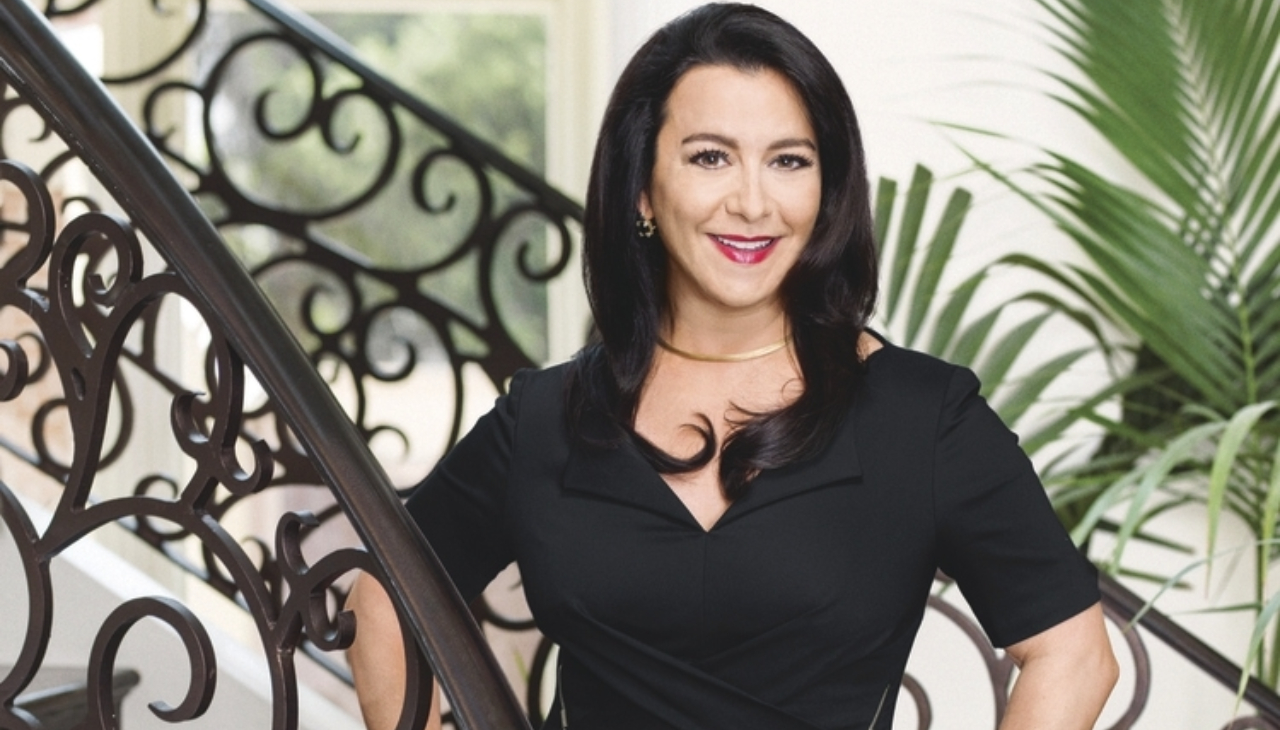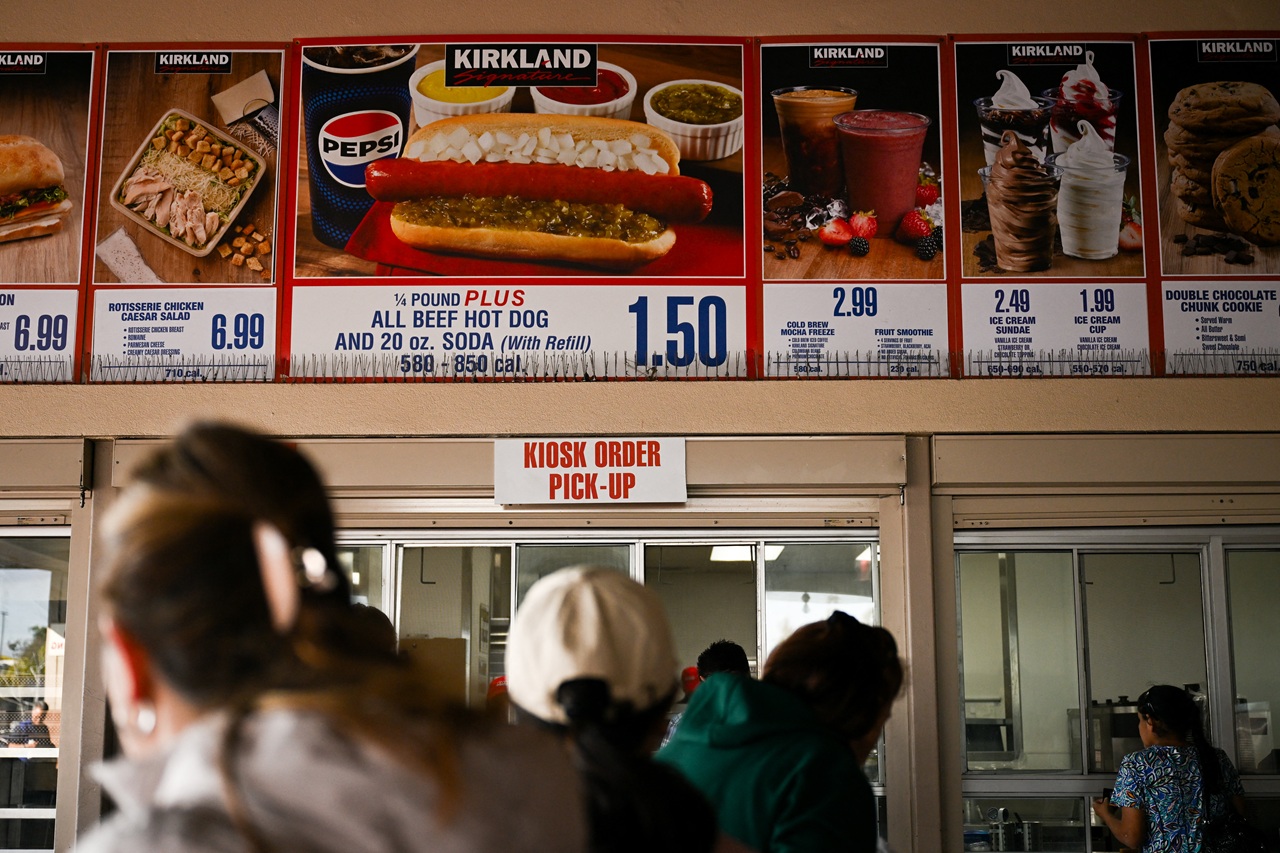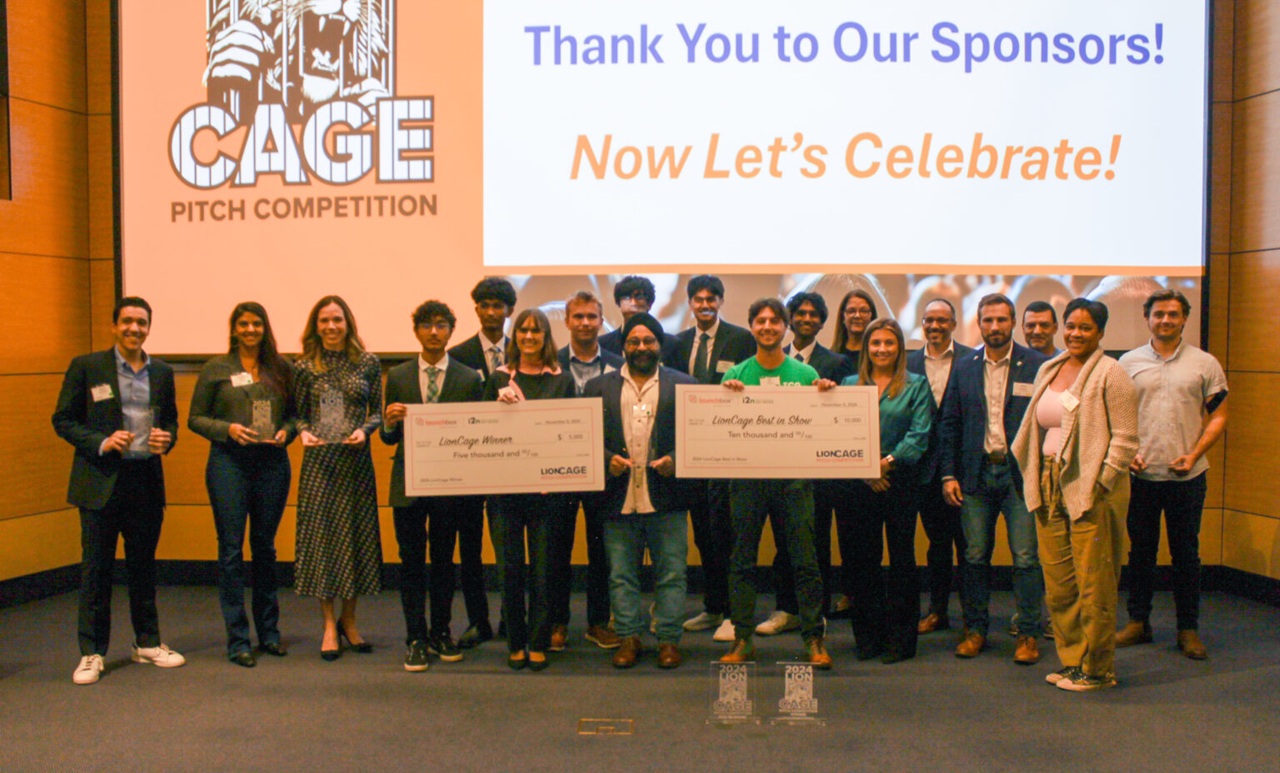
Dana Spain, a serial entrepreneur who always has a keen eye for philanthropy
As the founder of many organizations and nonprofits, her business mind has often led her toward helping vulnerable communities.
For the majority of her life and the entirety of her adulthood, Dana Spain has been committed to philanthropy from an entrepreneurial lens.
Her drive, dedication, and passionate nature can be attributed to the values she learned from her family.
“My entrepreneurial spirit comes directly from my late father who was a bootstrap kind of guy and really believed in the American dream of working hard, responsibility, and accountability,” Spain said during an interview with AL DÍA.
She is the daughter of the late Bernard Spain, the founder and retail visionary behind Spain’s Cards & Gifts and Dollar Express.
In addition to his hard work, Spain also praises her father’s commitment to giving back, even when he himself didn’t have a lot to give.
“He was a huge believer that a portion of everybody’s life and/or financial resources should be given back to [the] community,” said Spain of her father. “Helping people with a hand up as opposed to a handout.”
Those values stuck with her, and have served as the crux of her work as she has navigated her own career.
A Philanthropic Entrepreneur At Heart
Spain was 12 years old when she participated in her first charitable event, and she has remained progressively involved in philanthropy ever since.
A born and raised Philadelphian, Spain has left an indelible mark around the region thanks to her compassion and dedication to helping others through philanthropic efforts and initiatives.
Gaining experience working at her family business, she was able to develop a number of valuable skills.
Those skills translated to becoming the owner and chief operating officer of Philadelphia Style Magazine, and later the start of her first business, a consulting company called, DLG Communications.
However, philanthropy remained at the core of her passions.
In 2005, Spain founded the Philadelphia Animal Welfare Society (PAWS), the city’s leading nonprofit organization dedicated to saving homeless and at-risk animals. This was her first entrepreneurial venture from a philanthropic arena.
After running the nonprofit as its President for about 5 years, Spain decided to pivot into construction, specifically modular construction.
That pivot served as the basis of her next entrepreneurial venture.
Spain also founded HAVEN Women, a nonprofit that offers shelter and transitional housing to homeless women veterans in the Philadelphia area.
That endeavor would grow into a much larger effort, namely Volumetric Building Companies, a global modular construction company.
“This really came about because the ladies from HAVEN were graduating the program, ready to rejoin productive civilian life, and government agencies were putting them into abject squalor, into places that they couldn’t make positive life choices,” said Spain.
She added that this would often lead to a backslide into addiction, and eventually repeating the cycle of homelessness.
For Spain, she became even more committed to helping veterans and those within vulnerable populations to have safe, respectable, and affordable housing.
Volumetric Building Companies (VBC) began by constructing residential single-family modular homes in Philadelphia, but soon set out to “become an industry disruptor.”
Its focuses are on building high-density multifamily housing units to rapidly increase the housing supply for urban communities; enabling developers, agencies and nonprofits to build efficiently and cost-effectively; and utilizing technology-enabled design and engineering.
VBC Giving Foundation
Staying true to her philanthropic values, Spain later launched the VBC Giving Foundation, the charitable arm of VBC.
The VBC Giving Foundation partners with the VBC and other developer organizations to build housing units across the country.
Spain serves as the director of community relations for the VBC Giving Foundation, a role she filled even prior to officially creating the foundation.
RELATED CONTENT
In her words, the role was “to teach developers in the for-profit and nonprofit space, how to build affordable housing,” said Spain.
“Because a lot of affordable housing projects are not built affordably, and therefore they’re not attractive to developers,” she added.
Among the many big challenges facing the city and the wider nation, one is affordable housing.
While a basic necessity, there are over 582,000 people experiencing homelessness across the nation, according to a report from the U.S. Department of Housing and Urban Development.
In Philadelphia, there are about 5,700 individuals who are considered to be homeless, including about 950 who are unsheltered.
While those numbers are very glaring, Spain makes another valid point.
“As much as we see on the news of homeless encampments, and you see in Philadelphia all the time, somebody on a street corner with a cardboard sign, there’s very little talk about how do we get ourselves out of this situation,” said Spain.
Beyond that, the question should also be asked of how to “build respectable, resilient, safe housing that is affordable to build, affordable to maintain, and affordable for people to rent and live in.”
That question spearheaded VBC Foundation’s first major project, Veterans Village, a 47-unit construction project that provides permanent housing for a community of veterans.
“My job with VBC is really educating other developers and organizations how to build affordable housing affordably,” she added.
“We Cannot Do It Alone”
As someone who has spent much of her career in philanthropy, Spain knows that doing it effectively is a collaborative effort.
Affordable housing is her primary focus at the moment, and Spain hopes to be able to leverage the work she is doing in Philadelphia and expand it across the country, and eventually, around the world.
“This is a global crisis,” Spain said of the lack of affordable housing.
“We can’t build enough units on our own through the Giving Foundation or through VBC… so, as much as our goal is to build as many villages as we can, our overarching goal is to be able to attract like-minded individuals in housing,” she continued.
This includes other charitable organizations, and eventually, government agencies and for-profit developers, as well as volunteers.
“We have a way of building buildings, we know how to put the financials together… we’re here with an open source program that we can help others in this situation.”











LEAVE A COMMENT: